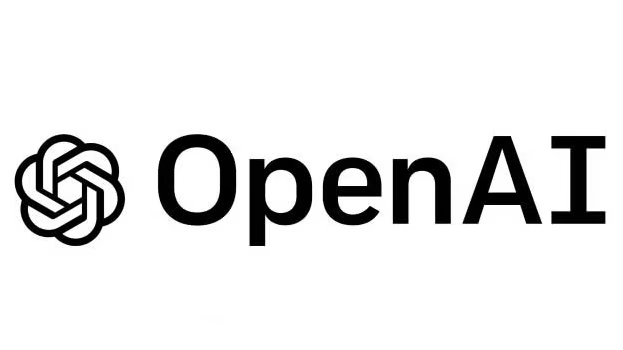In a significant move reflecting the escalating importance of artificial intelligence across industries, Microsoft has announced a substantial expansion of its free AI skills training programs. This initiative aims to democratize access to crucial AI knowledge and equip individuals globally with the competencies needed to navigate and thrive in an economy increasingly shaped by intelligent technologies. Recognizing the transformative potential of AI and the concurrent risk of widening the digital skills gap, the company is leveraging its extensive educational resources and platforms to reach a broader audience, ranging from students and job seekers to professionals looking to upskill or transition into AI-related roles.
The expanded program builds upon Microsoft’s previous commitments to digital skilling but places a renewed emphasis specifically on artificial intelligence. The curriculum encompasses a wide array of topics, carefully curated to provide both foundational understanding and practical application skills. Core areas covered include the fundamentals of machine learning, principles of generative AI, ethical considerations in AI development and deployment, data analysis for AI, and the utilization of specific Microsoft AI tools and platforms, such as Azure AI services and Copilot features integrated into Microsoft 365 and other products. The training modules are designed to be accessible and engaging, incorporating various learning methodologies.
Delivery of this expanded training initiative leverages Microsoft’s established learning ecosystems. Key platforms like LinkedIn Learning, Microsoft Learn, and GitHub will host a variety of courses, tutorials, and certification pathways. This multi-platform approach allows learners to choose formats that best suit their learning styles and existing familiarity with Microsoft’s educational offerings. For instance, LinkedIn Learning might offer courses focused on the business implications and strategic applications of AI, while Microsoft Learn provides more technical, hands-on labs and modules centered on Azure AI services. GitHub integration could facilitate access to code repositories, collaborative projects, and developer-focused AI tools.
Microsoft’s motivation for this large-scale free training program is multifaceted. Primarily, it serves to foster a future-ready workforce capable of harnessing AI technologies, thereby stimulating innovation and economic growth. By lowering the barrier to entry for AI education, Microsoft aims to cultivate a larger pool of talent proficient in developing, deploying, and managing AI solutions. This aligns with the company’s strategic interests in promoting the adoption of its own AI platforms and services. Furthermore, the initiative positions Microsoft as a leader in corporate social responsibility, addressing societal concerns about workforce displacement due to automation and contributing to more equitable access to technological opportunities. Partnerships with educational institutions, non-profits, and governmental bodies are also anticipated to extend the reach and impact of the program, ensuring it benefits diverse communities worldwide.
Accessing the free training is designed to be straightforward. Interested individuals can typically navigate to dedicated portals on the Microsoft Learn or LinkedIn Learning websites, where they can browse available AI courses and learning paths. Registration often requires a free Microsoft or LinkedIn account. The self-paced nature of many modules offers flexibility for learners to balance their studies with work or other commitments. While the core training is free, some advanced certifications or specialized programs might involve associated costs, although Microsoft often provides vouchers or discounts through various schemes.
The potential impact of this initiative is considerable. For individuals, it offers a valuable opportunity to acquire highly sought-after skills, enhancing career prospects in a competitive job market. For businesses, it can help upskill existing employees and facilitate the integration of AI technologies into their operations. On a broader scale, widespread AI literacy can contribute to more informed public discourse about the technology’s societal implications and foster responsible innovation. This expanded commitment underscores the critical role that AI proficiency will play in the coming years and highlights Microsoft’s strategy to be at the forefront of both AI development and workforce enablement.
Source: TechCrunch

